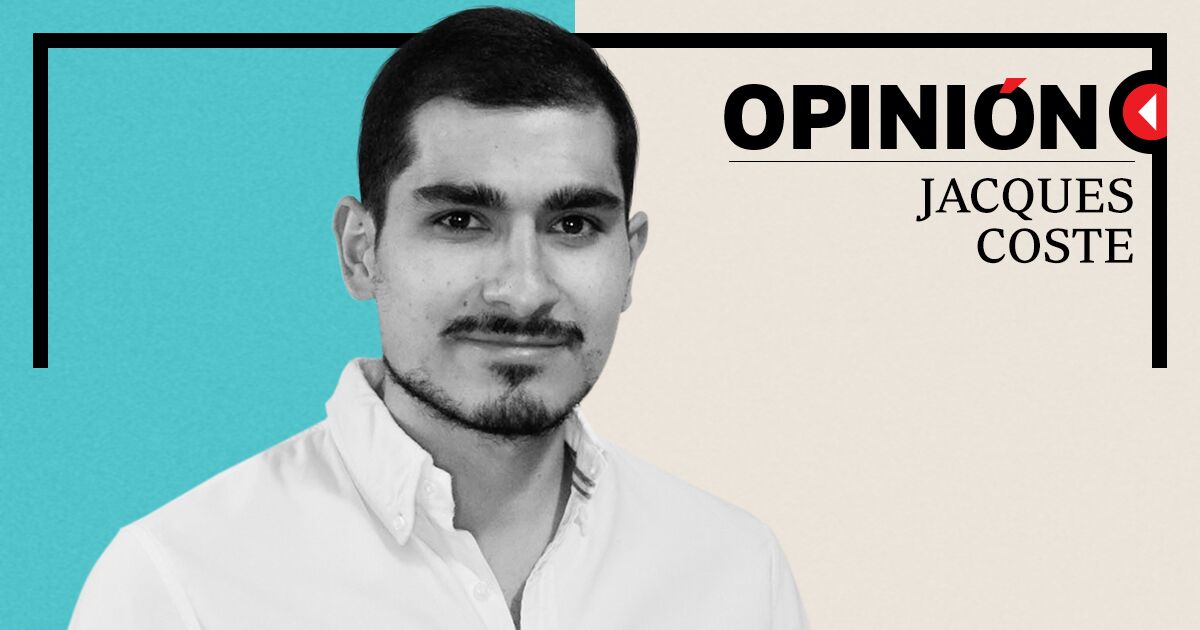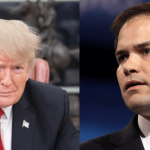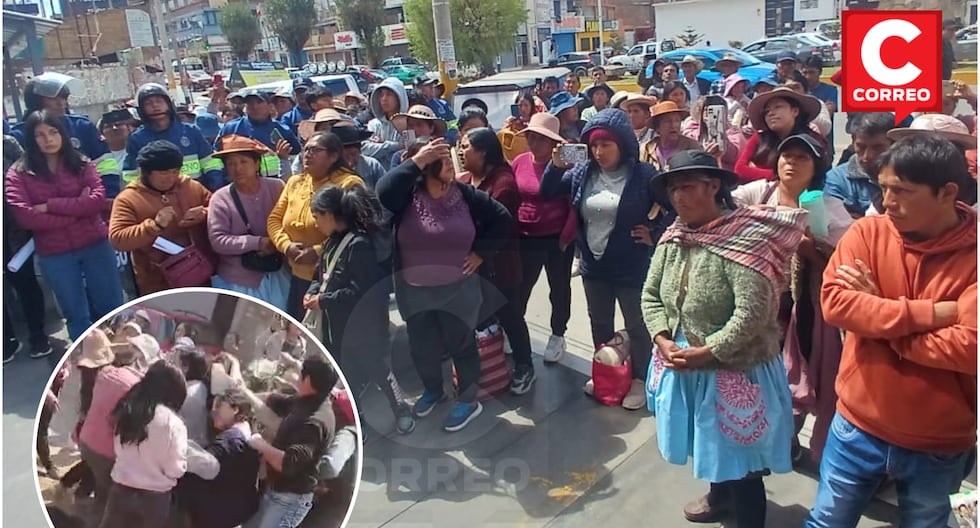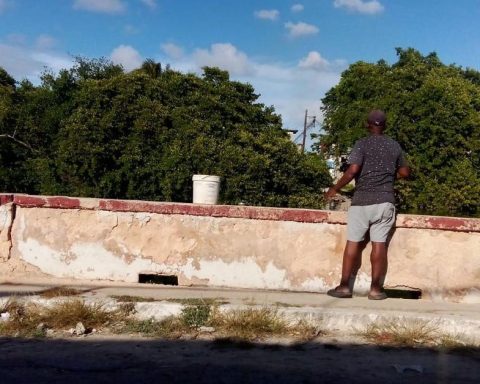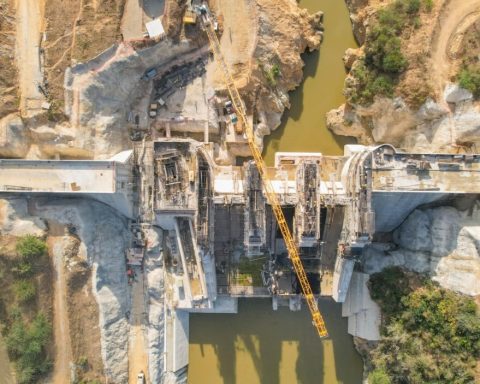I borrow this analytical framework from Blanca Heredia, who has adapted the famous book to Mexico Presidential Leadership in Political Time Stephen Skowronek, a research professor in the Department of Political Science at Yale University. According to Skowronek, there are some founding presidents in the history of the United States, such as Franklin D. Roosevelt or Ronald Reagan, presidents who changed the rules of the political game and established new norms and mechanisms for exercising executive power and for managing relations between it and the other formal and actual powers of the United States.
Heredia argues that, if we adapt this analysis to the Mexican case, we can conclude that two founding presidents have been Lázaro Cárdenas, who established the rules and scope of presidential leadership of the post-revolutionary regime, and Carlos Salinas de Gortari, whose guidelines marked the political course of the country until the six-year term of Enrique Peña Nieto (despite the transition to democracy). According to Heredia, López Obrador falls into this category, as he instituted new rules, dynamics, mechanisms and tools to exercise presidential leadership and to manage the relations of the Executive Branch with the Legislative, Judicial and other de facto powers of the country, such as businessmen, governors, opposition parties and even organized crime.
Now, assuming Heredia’s argument is valid, Sheinbaum faces the enormous challenge of institutionalizing and consolidating the rules, limits and contours of the new political regime. And here the problems begin.
It has become a commonplace to argue that, with the new regime established by López Obrador, Mexico will experience an “authoritarian regression” and we will return to the times of “meta-constitutional presidentialism” and the “hegemonic party.” In other words, democracy is over in Mexico and the country will basically retrace the path it has taken in the last forty years and will be back in the era of the classic PRI.
From my point of view, that would not be such a bad scenario. It would even have quite a few positive aspects. The classic PRI era was characterized by ensuring political stability and reasonably peaceful social coexistence in a country characterized by constant violence and political ups and downs. It also achieved economic growth rates that were unusual in Mexico and built institutions to, on the one hand, provide public services of reasonable quality to citizens and, on the other hand, expand opportunities for upward social mobility. It was not a perfect system, nor a Scandinavian welfare state, but it was not as bad as its detractors would like.
However, the argument of “regression to the old hegemonic party presidentialism” has serious flaws. First, it is based on a wrong premise: because it is a regime with a clear dominant party and a strong presidency, the Mexican political system established by Morena will be identical to that of the PRI.
This is highly questionable, since Morena does not have the mechanisms of corporate representation and inclusion of broad sectors of the population that the PRI had. Nor does it have the same tools for negotiating non-compliance with the law and for political mediation between the capital and the regions. More importantly, it does not even have territorial control of the country, since organized crime is the regulator of economic and social life in vast areas of the national geography. Finally, I do not see in Morena the will and negotiating ability of the old PRI, which, although it resorted to repression on multiple occasions, that was its last option after seeking dialogue and consensus (or, at a loss, co-optation and bribery).
